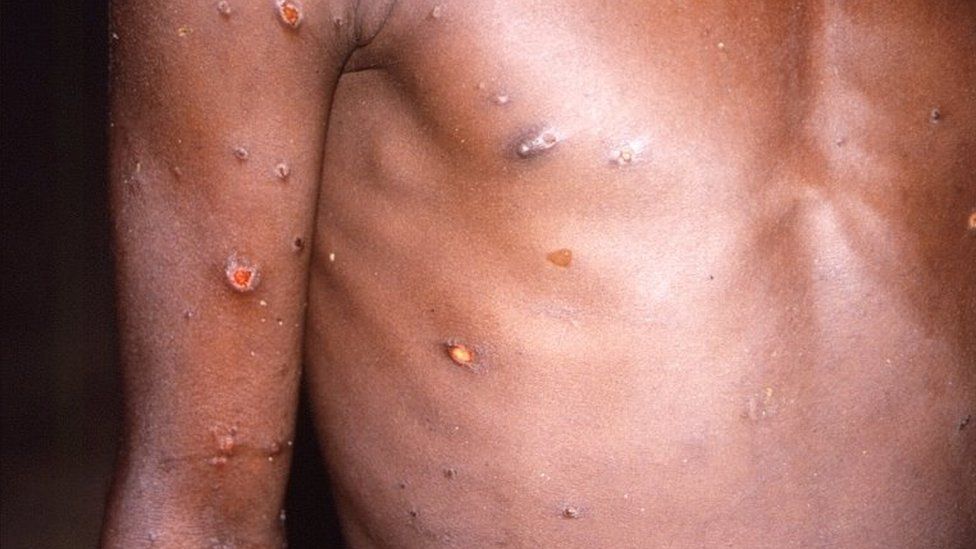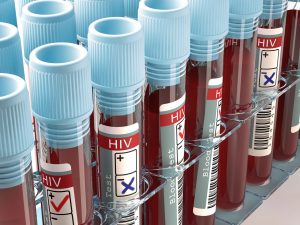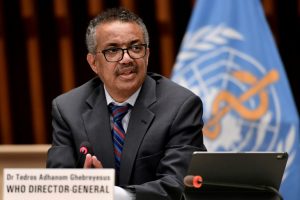Scientists advising the World Health Organization (WHO) on monkeypox say the window is closing to stop its spread, with cases currently doubling every two weeks, raising concerns that it will take several months for the outbreak to peak.
WHO Europe has forecast just over 27,000 monkeypox cases in 88 countries by Aug. 2, up from 17,800 cases in nearly 70 countries at the latest count.
Making predictions beyond that are complex, scientists around the world told Reuters, but there is likely to be sustained transmission for several months and possibly longer, they said.
“We have to get in front of this,” said Anne Rimoin, an epidemiology professor at the University of California, Los Angeles.
“It’s clear the window of opportunity for doing so is closing,” added Rimoin, a member of the WHO expert committee on monkeypox that met last week to determine whether the outbreak constituted a global health emergency.
A majority of committee members voted against the move and, in an unprecedented step, WHO Director-General, Dr Tedros Adhanom Ghebreyesus declared an emergency anyway.
Action stemming from that declaration needs to be urgent, including increased vaccination, testing, isolation for those infected and contact tracing, global health experts said.
“Transmission is clearly unchecked,” said Antoine Flahault, director of the Institute of Global Health at the University of Geneva, who chairs the WHO Europe advisory group.
Jimmy Whitworth, a professor at the London School of Hygiene and Tropical Medicine, said he expected that cases would not plateau for at least the next four-to-six months, or until the those at highest risk of infection have been either vaccinated or infected. Sexual health organizations in the UK recently estimated that could be around 125,000 people.
Monkeypox has been a globally neglected public health problem in parts of Africa for decades, but cases began to be reported outside countries where it is endemic in May.
It generally causes mild to moderate symptoms, including fever, fatigue and the hallmark painful skin lesions, that resolve within a few weeks. Five people have died in the current outbreak, all of them in Africa.
Beyond Africa, monkeypox is spreading chiefly in men who have sex with men, putting sexual health clinics on alert for new cases.






